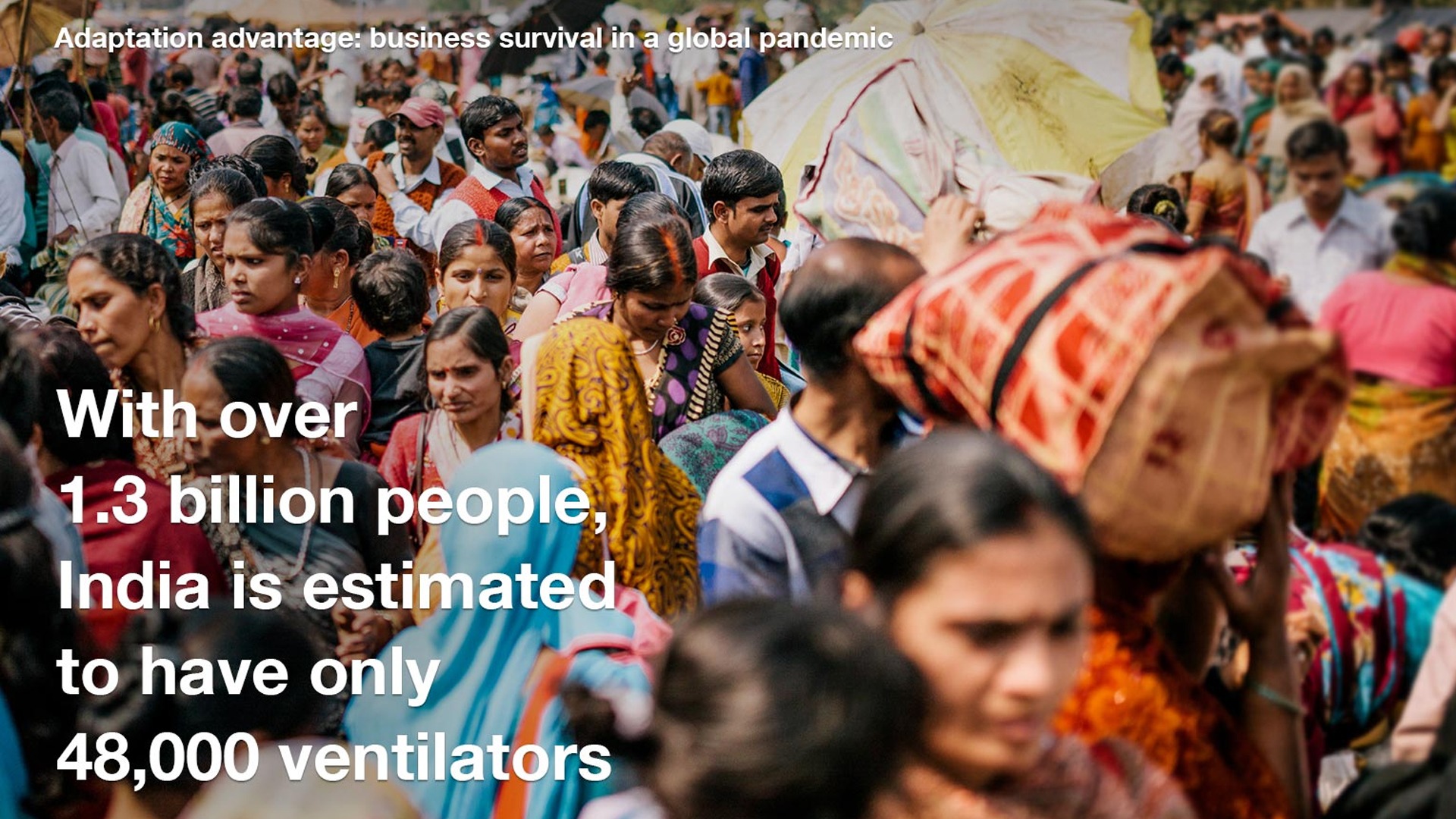It’s been a long year of COVID shutdowns, virtual learning, and remote work. We’ve all had to adjust to the new normal in different ways. Some of us have relished the chance to spend more time at home, while others have struggled with isolation and a lack of human interaction. But one thing is for sure – these changes have affected our relationships with each other in profound ways. In this blog post, we’ll explore how COVID has changed our relationships and what we can do to adapt in the future. Thanks for reading!
The pandemic has forced us to confront the shortcomings of our current social system
The events of the past year have been incredibly trying for all of us, but one of the chief silver linings has been that it has exposed a lot of issues with our current social system. We’ve had a rude awakening when it comes to the lack of access some people have to food, healthcare, and education. We can no longer ignore systemic injustices when we are confronted with them every single day. It’s taken this pandemic to make us look in the mirror and ask ourselves if we’re all really doing enough for our communities and how we can work towards better policies in the future.
We’ve been forced to rely on technology for communication and connection
The COVID-19 pandemic has pushed us to rely on technology more than ever before. As physical contact and face-to-face communication are out of the question, social media, video calls, online meetings, and messaging apps have become an integral part of our lives. Technology has been a lifesaver in these difficult times – helping us stay connected with our loved ones and colleagues in an effective manner even when physically apart. Despite its convenience and advantages, it’s hard to ignore the fact that there’s something amiss; something that makes our interactions lack the warmth and personal touch only physical interaction can provide. Nevertheless, through technology, we’re pushed to explore creative ways of staying connected with each other and focus more on meaningful conversations regardless of separation.
Our work/life balance has been thrown off by the new demands of virtual learning and working from home
With the onset of remote learning and working from home, it feels like our lives have been turned upside down. It starts by waking up a little later than usual, no longer having the morning rush to get out of the door on time. We’re settling into different routines as we juggle between Zoom calls, conference meetings, and helping kids with school work. Finding a sense of balance can seem like an impossible task with this sudden change in lifestyle. Having to stay organized is even more crucial during these times—from mundane tasks such as getting groceries to complex ones that involve managing both professional and personal commitments. With so much happening at once, it’s important to take a step back and think about which tasks should have priority over others and create boundaries for ourselves so that we can manage our time more effectively.
We’re struggling to find time for self-care and relaxation
We all know that life often feels impossibly busy and that it’s easy to get overwhelmed and worn down. Despite the good intentions we might have to carve out more time for ourselves, it’s not always possible – especially when balancing things like work, family, and our social lives. That said, we should never forget how important self-care is; taking time to limber up with yoga or stretch in the park, getting enough sleep, meaningfully connecting with loved ones or even just curling up with a book can make a world of difference to our wellbeing. Even if only for a half hour each day, make sure to take some personal time for yourself!
The pandemic has brought into focus the importance of our social connections
The pandemic has been an eye-opening experience for many of us. We’ve seen how, in a matter of days, life as we know it can change drastically. One thing that has been made especially clear over the past year is the importance of our social connections. We all miss gathering with family and friends, and perhaps we have never realized just how special these moments together can be until we were no longer able to experience them freely. Our living rooms have transformed into classrooms for our children’s remote learning and videoconferencing platforms have become our primary mode of communication with coworkers, but nothing quite compares to real interactions between people that allow you to pick up on subtle cues or just share in overall emotion. Though it may still be some time before things look like they used to in terms of socializing, we now understand more than ever the value these precious interactions bring to our lives.
The pandemic has forced us to confront the shortcomings of our current social system. We’ve been forced to rely on technology for communication and connection. Our work/life balance has been thrown off by the new demands of virtual learning and working from home. We’re struggling to find time for self-care and relaxation. The pandemic has brought into focus the importance of our social connections. We need to find better ways of staying connected with each other and focus more on meaningful conversations regardless of separation. By learning how to prioritize self-care, manage time effectively and create meaningful connections with those around us, we can increase our resilience during these challenging times. With a little bit of effort, it’s possible to find balance in the midst







